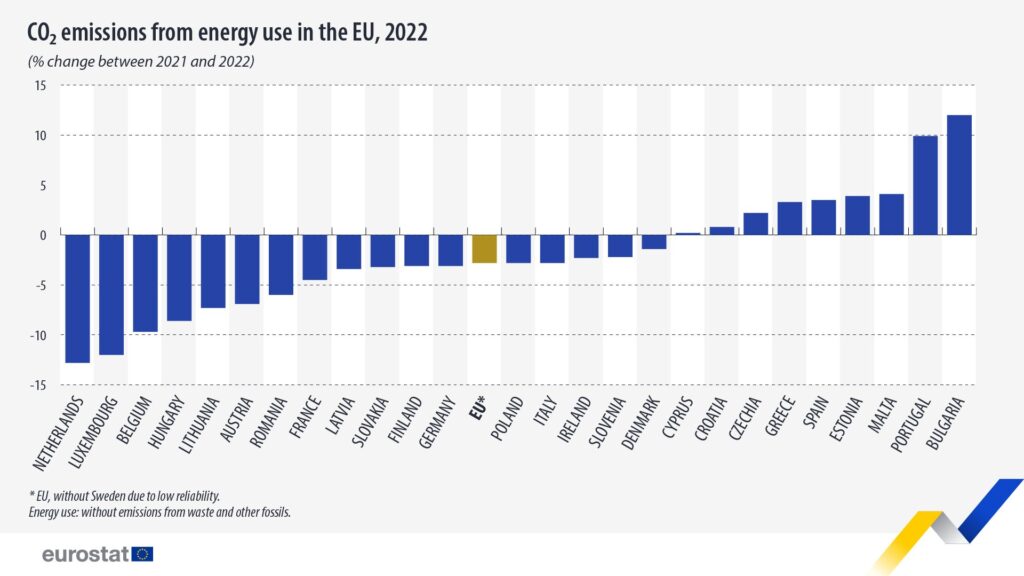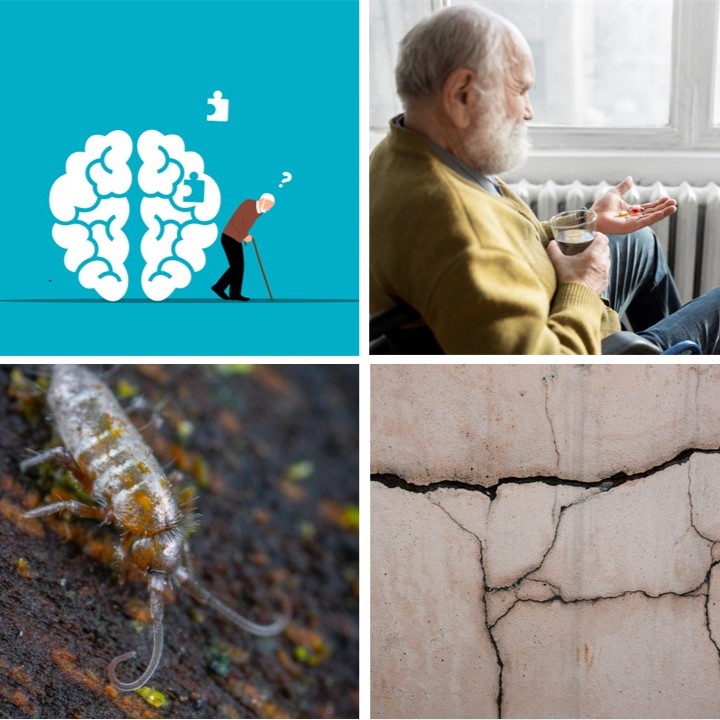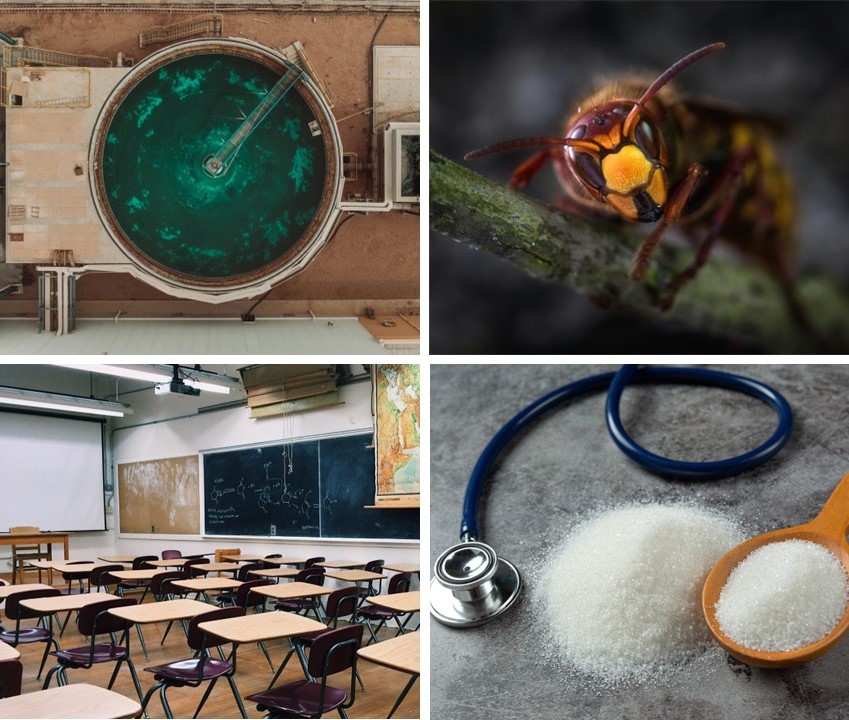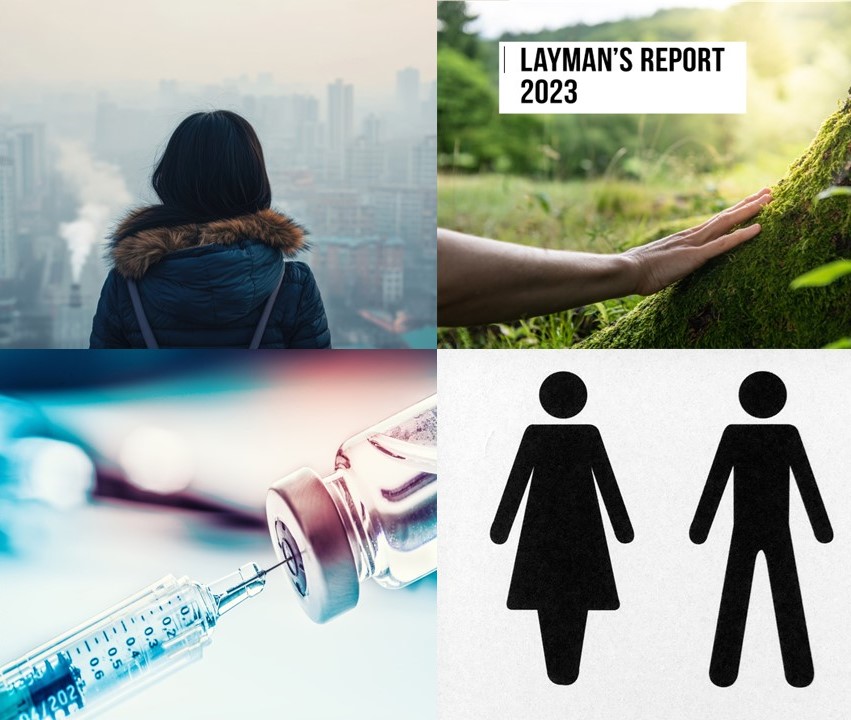Luxembourg secures the second highest reduction in CO2 emissions among EU countries
16 June 2023

Energy transition
In the year 2022, the EU witnessed a decline of 2.8% in CO2 emissions in its territorial energy use. Amidst this positive trend, Luxembourg emerged as a standout performer, achieving a remarkable reduction of 12% in CO2 emissions. Let us delve into the pivotal role that research can play in driving the green transition process.
According to the latest figures from Eurostat, in 2022, the European Union (EU) recorded a significant decline in carbon dioxide (CO2) emissions resulting from the combustion of fossil fuels. As per the statistics agency, the EU witnessed a 2.8% decrease in total CO2 emissions from energy utilisation within its territory. These emissions, originating from the combustion of oil, oil products, natural gas, coal, and peat, declined to around 2.4 Gigatons (Gt).
CO2 emissions are calculated when fossil fuels are burned and released into the atmosphere. For instance, if a country imports natural gas and uses it for generating electricity, this process contributes to an increase in emissions within the importing country. In contrast, electricity imports do not affect the country’s emissions, as these are reported in the country where the electricity was produced.
Luxembourg’s 12% reduction of CO2 emissions
Of the 17 EU nations to reduce their CO2 emissions in 2022, Luxembourg’s performance of 12% was ranked second behind the Netherlands reduction of 12.8%.
Luxembourg and other EU countries had significant reductions in CO2 emissions from natural gas consumption, indicating the collective endeavours to reduce gas demand had effects. Examples of this included cutting back on heating in many buildings as well as lowering the water temperature in swimming pools.
Meanwhile, taking a closer look at the consolidated data, it was observed that emissions from solid fossil fuels experienced a minor increase at the EU level. On the other hand, emissions from oil and petroleum products remained stable.
Sustainable Development: A key priority in Luxembourg’s National Research Strategy
Luxembourg has the ambition to become a textbook example for the green transition. The country contributes through its interdisciplinary research activities to sustainable development from an ecological, economic, and societal perspective.
With regards to ecology, Luxembourg is developing technologies to continuously monitor the effects of climate change on ecological systems and biodiversity, as well as modelling future scenarios allowing for the country’s best adaptation to a changing environment.
Economically, researchers in the country are working on sustainable instruments, consuming fewer resources, and thus engendering less of a negative impact on the environment, especially in the areas of green and sustainable finance and circular and sharing economy.
As a very diverse country, Luxembourg also contributes its research on social sustainability. Aspects such as the consequences of migration, energy transition and labour market developments, but also questions of identities, heritage and nationhood are included here.
Additionally, research in the fields of sustainable construction as well as renewable energies and electro-mobility play an important role in Luxembourg. Finally, the legal framework relating to the implementation of sustainable technologies is a subject of research.
Environmental systems: A new interdisciplinary centre at the University of Luxembourg
This new major project is the centrepiece of the focus area “Sustainable and Social Development” – one of the three core research areas of the University, along with “Digital Transformation” and “Medicine & Health”.
Aiming to grow to around 150 employees within a ten-year period, the new research centre is to become an international reference centre. In addition to basic and applied research, its core tasks will include academic education, by which Luxembourg aims to attract new talent, as well as knowledge and technology transfer. The interdisciplwill collaborate with academic institutions and networks of environmental experts from Luxembourg and the rest of the world, linking local priorities with global challenges.















